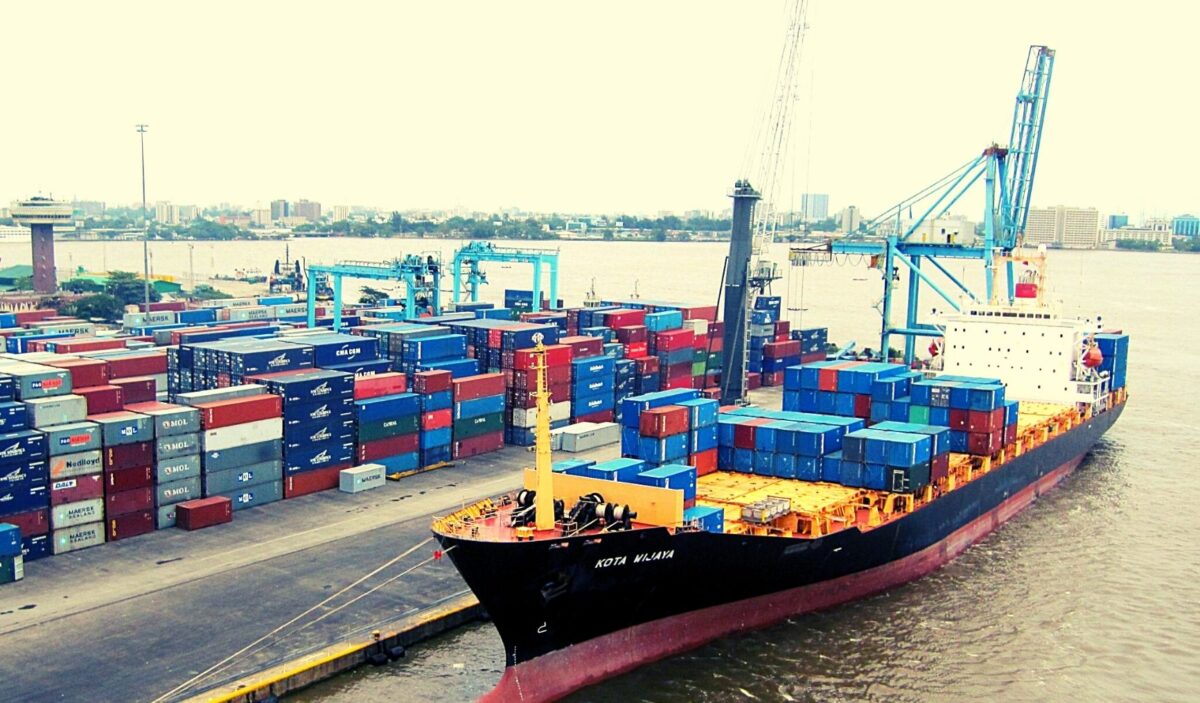
Findings by Shipping Position Daily newspaper have revealed that Nigeria is forfeiting about N800 billion monthly revenue, owing to non-existence of 24-hour port operations.
Checks by our correspondent revealed that for years, the implementation of round-the-clock port operations has not materialized, primarily due to a lack of political will and various other factors, ranging from superficial to complex.
Data gathered by our correspondent revealed that from 2017 to 2020, Nigeria’s economy suffered a massive loss of over N38.4 trillion because of this operational limitation, breaking down to about N9.6 trillion annually, N800 billion monthly, and N200 billion weekly.
In contrast, countries that maintain 24-hour port operations are seeing significant benefits. Key examples are: Port of Antwerp in Belgium, Port of Jebel Ali in Dubai, UAE, and Durban Port in South Africa. These ports share a common trait of efficient and competitive 24-hour operations.
Experts in the industry argue that the Nigerian government could substantially increase revenue through the implementation of 24-hour operations. For instance, the Apapa Customs Command, which recently collected N489 billion in first quarter 2024 could potentially double this revenue with a fully-operational 24-hour system. Same as Tin Can Port that collected over N300 billion in the first quarter 2024.
Stakeholders who spoke with Shipping Position Daily pinpointed poor networks, inadequate data processing, security issues, safety concerns, and insufficient power supply as the primary obstacles to achieving 24-hour port operations.
Dr. Kayode Farinto, the former acting National President of the National Association of Licensed Customs Agents (ANLCA), in a chat with our correspondent commented that the realization of continuous port operations is unlikely, unless the government commits to coordinating and supporting it comprehensively. “24-hour port operation requires a lot from the government, including the provision of light and security, which are currently lacking. Responsibility also lies with the stakeholders, but until the government is prepared to commit, we will continue to lose money daily,” he stated.
Farinto suggested that a solution could be a town hall meeting involving key ministers such as those of Finance, Marine and Blue Economy, and Transportation to discuss and address the impediments to 24-hour port operations.
Meanwhile, the Customs Area Controller for Tin Can Island Port Command, Comptroller Dera Nnadi, has urged freight forwarders and shippers to support the prioritization of 24-hour operations to enhance service delivery. He emphasized that continuous operations would help reduce unnecessary demurrage and expedite cargo clearance, suggesting that stakeholders need to be active in the port even on weekends to facilitate this process.















